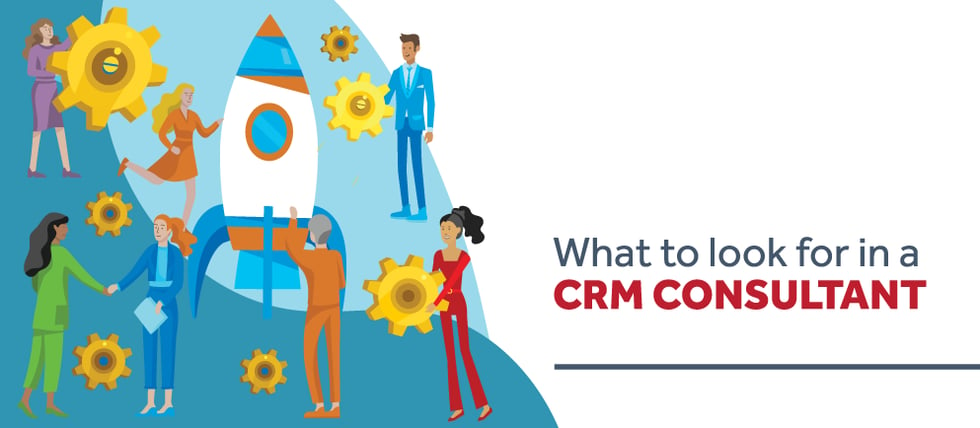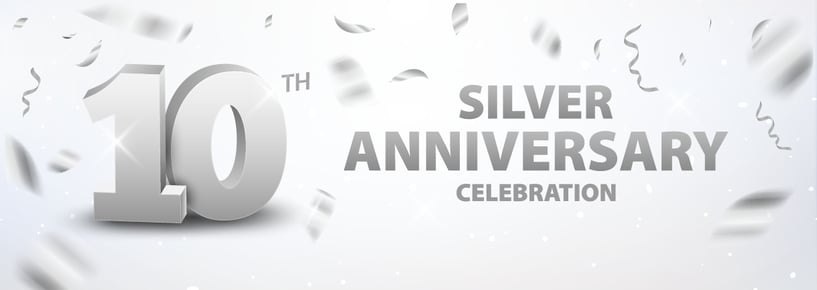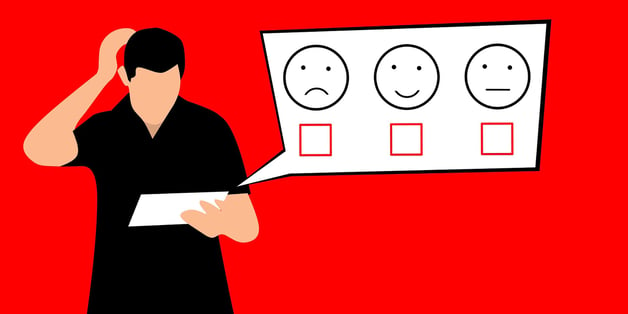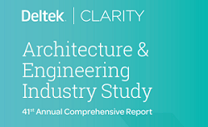Revitalizing Marketing Strategies for Services and Project-Based Firms

Consumers. Buyers. Clients. Users. Customers. You want them, you need them, regardless of the business you own. But does the type of business you own affect how you market to them? Absolutely! Marketing for service and project-based firms can be a tricky task, requiring a blend of formulaic approaches and individual creativity. What you’re marketing makes all the difference.
Defining Your Business Type
Understanding the nature of your business is crucial to crafting an effective marketing strategy. Different types of businesses—whether they offer tangible products, intangible services, complex projects, or a mix of both—require tailored marketing approaches to reach and engage their target audiences effectively.
- Product-Based Firms: These organizations offer tangible products to their customers—items that can be packaged and placed on a shelf. Marketing for these firms is often straightforward and follows textbook examples taught in marketing classes nationwide.
- Service-Based Firms: These organizations primarily offer people, processes, or expertise. Since you can't package people or put a process on a shelf, marketing must be approached differently.
- Project-Based Firms: Similar to service-based firms, these organizations manage and deliver projects, often involving complex coordination of resources and expertise. Marketing for project-based firms needs to highlight the firm's ability to deliver successful projects, meet client needs, and provide specialized expertise.
- Hybrid Firms: These businesses offer a mix of products and services. Marketing efforts must be tailored to each target market segment, emphasizing both tangible and intangible offerings.
Tailoring Your Marketing Strategy
When marketing a product, you let the product speak for itself, showcasing how it solves customer problems. This can be done through demonstrations, videos, or testimonials showing the product in action. Marketing for service and project-based firms is a bit different, yet fundamentally similar. Services and projects solve problems too, but you need to highlight client stories and testimonials. Here’s how:
- Client Testimonials: Just as with products, services, and projects solve problems. Share success stories from your clients, showcasing how your services or projects have positively impacted their businesses. For example, platforms like Google and Trustpilot use client reviews to market professional services.
- Client Feedback Tools: Gathering feedback from your clients is essential. Tools like the Client Feedback Tool from Client Savvy allow you to collect regular and periodic feedback from clients about their engagements. This feedback can provide constructive criticism and highlight your strengths, both of which are invaluable for refining your services and enhancing your marketing efforts.
The Power of Client Retention
One significant advantage of service and project-based firms is the potential for high client retention. Happy clients not only contribute to your marketing efforts through word-of-mouth but also ensure a steady revenue stream. Here are some compelling statistics:
- A 5% increase in customer retention can increase a company's profitability by 75% (Bain & Co.).
- 80% of your company's future revenue will come from 20% of your existing customers (Gartner Group).
- Attracting new customers costs five times more than retaining existing ones (Lee Resource Inc.).
Leveraging Client Relationships in Marketing
Happy clients are your secret weapon in marketing your services or projects. Their satisfaction can lead to long-term relationships and a healthier bottom line. Here are some strategies to leverage these relationships:
- Case Studies: Develop detailed case studies that highlight how your services or projects have met client needs and solved their problems. These case studies can be powerful tools for showcasing your expertise and success.
- Client Engagement: Regularly engage with your clients through newsletters, updates, and personal check-ins. Keeping the lines of communication open helps maintain strong relationships and encourages repeat business.
- Client Testimonials and Reviews: Actively seek and share positive testimonials and reviews from your clients. Highlighting client satisfaction through various platforms can build trust and attract new customers.
- Client Appreciation Events: Host events to show appreciation for your clients. These can be virtual webinars, in-person workshops, or networking events. Such initiatives can strengthen your relationship with clients and provide additional value.
- Social Media Engagement: Feature your clients on your social media channels. Share their success stories, tag them in posts, and engage with their content. This not only highlights your collaboration but also broadens your reach through their network.
- Educational Content: Provide clients with valuable content that addresses their pain points and interests. This could be in the form of blogs, whitepapers, webinars, or how-to guides. Educating your clients not only helps them but also positions your firm as an industry leader.
- Surveys and Feedback: Regularly ask for feedback through surveys to understand client needs and areas for improvement. This proactive approach shows clients that you value their opinions and are committed to enhancing their experience.
- Partnership Programs: Develop partnership programs with your clients, where you can collaborate on joint marketing initiatives or co-host events. This creates a win-win situation and strengthens the professional bond.
By implementing these strategies, service and project-based businesses can effectively leverage client relationships to enhance their marketing efforts and drive long-term success.
Harnessing Client Feedback for Strategic Insights
Marketing for service and project-based firms requires a nuanced approach that leverages client feedback, highlights successful engagements, and emphasizes the value of long-term relationships. Tools like the Client Feedback Tool can help you gather valuable insights, tailor your marketing efforts, and ultimately boost client retention and satisfaction. By focusing on your clients' stories and continually improving your services based on their feedback, you can create a powerful marketing strategy that drives growth and success.















.jpg?width=220&name=CRM%20lifestyle%20(2).jpg)




 You’ve probably heard the saying, “bad data in – bad data out.” Well, bad data is outdated, incorrect, incomplete or duplicated information, and according to the Harvard Business Review, workers waste 50% of their time dealing with it. Now ask yourself, when was the last time someone at your firm took a deep dive into the data in your enterprise resource planning (ERP) system? While the process of cleaning company data is time consuming, it is something all firms should do on regular basis. Businesses can achieve numerous benefits by fixing bad data. Here’s a look at some of the top benefits.
You’ve probably heard the saying, “bad data in – bad data out.” Well, bad data is outdated, incorrect, incomplete or duplicated information, and according to the Harvard Business Review, workers waste 50% of their time dealing with it. Now ask yourself, when was the last time someone at your firm took a deep dive into the data in your enterprise resource planning (ERP) system? While the process of cleaning company data is time consuming, it is something all firms should do on regular basis. Businesses can achieve numerous benefits by fixing bad data. Here’s a look at some of the top benefits.